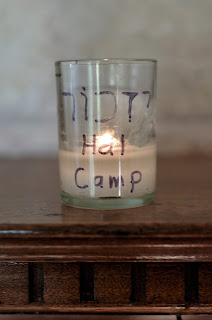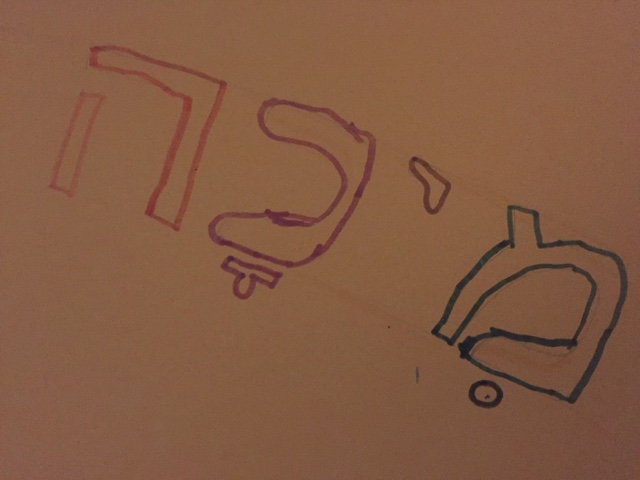Judaism Top 10
It's the secular New Year, and the Internet is full of Top 10 lists, many of questionable value to anybody but who wrote them, but they abound all the same. So, in that spirit, I offer my list of the top 10 ways in which Judaism has pleasantly surprised me so far this year. In no particular order, they are... 1. A one-point statement of belief "Hear, O Israel, Adonai our god, Adonai is one". This is all the theology you are asked to agree to during a Jewish prayer service – and to be honest, there are plenty of agnostic Jews who don't firmly believe that much. But no holy trinity, no virgin birth, none of the many other "I believes" that I couldn't bring myself to believe growing up. One God, that's it. Love it! 2. It's not all about one guy Growing up I remember getting fed up with the fact that the answer to every question in Sunday School was "Jesus." Our liturgical calendar traced the life of that same guy. Every week we heard a ...


